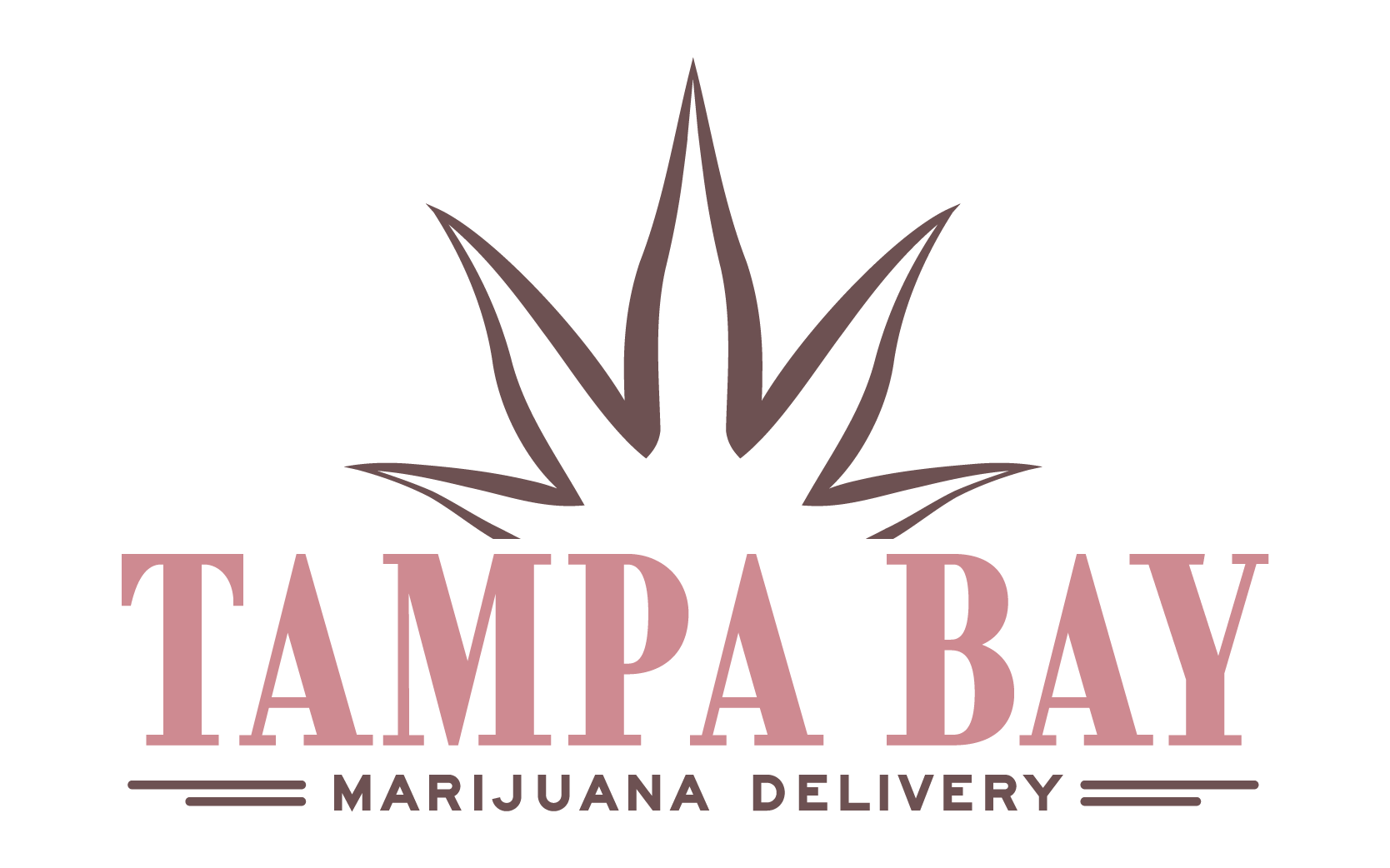Tampa Bay, renowned for its pristine beaches, vibrant culture, and bustling nightlife, has long been a magnet for tourists. However, the recent debates surrounding cannabis legalization in Florida have introduced a new dimension to the region’s tourism dynamics. While medical marijuana has been legal since 2016, the push for recreational use has faced hurdles, notably with the failure of Amendment 3 in 2024, which garnered 56% support but fell short of the required 60% supermajority.
The Economic Allure of Cannabis Tourism
States that have embraced recreational cannabis have witnessed notable boosts in tourism. Nearly 30% of American travelers reported visiting states with legalized marijuana in the past two years, and more than half purchased cannabis products during their stay. This trend suggests a lucrative opportunity for regions like Tampa Bay, where the fusion of cannabis culture with existing attractions could enhance visitor experiences.
Local Industry Poised for Growth
Tampa Bay’s cannabis infrastructure is already robust, with major players like Trulieve operating numerous dispensaries in the area. The company was a significant proponent of Amendment 3, investing heavily in its campaign. The anticipated legalization was projected to generate between $195 million and $431 million in annual tax revenue, funds that could have been channeled into public services and infrastructure upgrades—many of which benefit tourists and residents alike.
Regulatory Challenges and Public Sentiment
Despite the potential economic benefits, concerns persist. Opponents of legalization, including Governor Ron DeSantis, argued that it could lead to increased crime and negatively impact community standards. Moreover, the defeat of Amendment 3 was seen as a setback for advocates, with significant financial implications for the cannabis industry, as evidenced by the sharp decline in cannabis stocks following the vote.
The Road Ahead for Tampa Bay
While recreational cannabis remains illegal in Florida, the conversation is far from over. New proposals are already in the works for the 2026 ballot, indicating sustained interest in the issue. For Tampa Bay, the integration of cannabis into its tourism sector could offer a fresh avenue for growth, aligning with trends observed in other states. However, this potential hinges on legislative shifts and public support.
In Summary
Tampa Bay stands at a crossroads, where the intersection of cannabis policy and tourism could redefine its economic landscape. While the path to legalization faces obstacles, the potential rewards—a diversified tourism portfolio, increased tax revenues, and job creation—present compelling arguments for continued dialogue and consideration.
